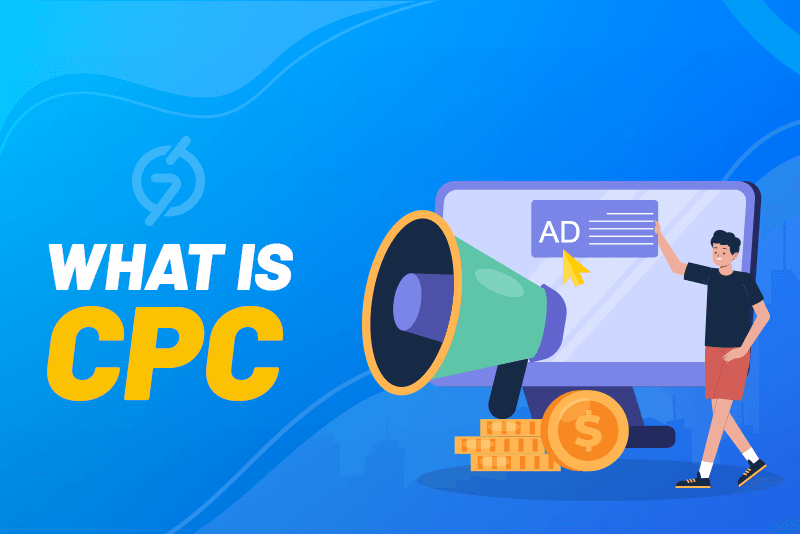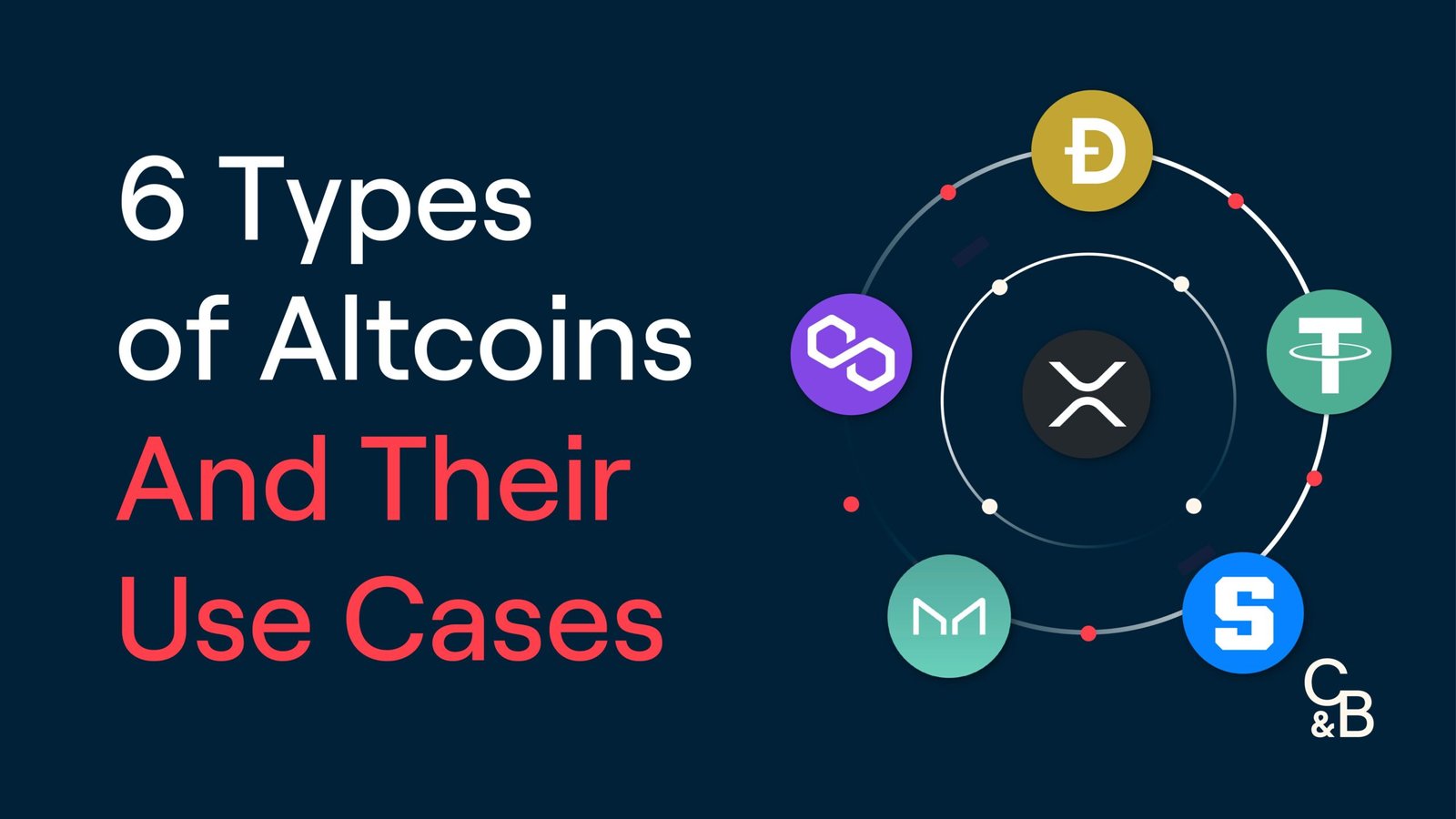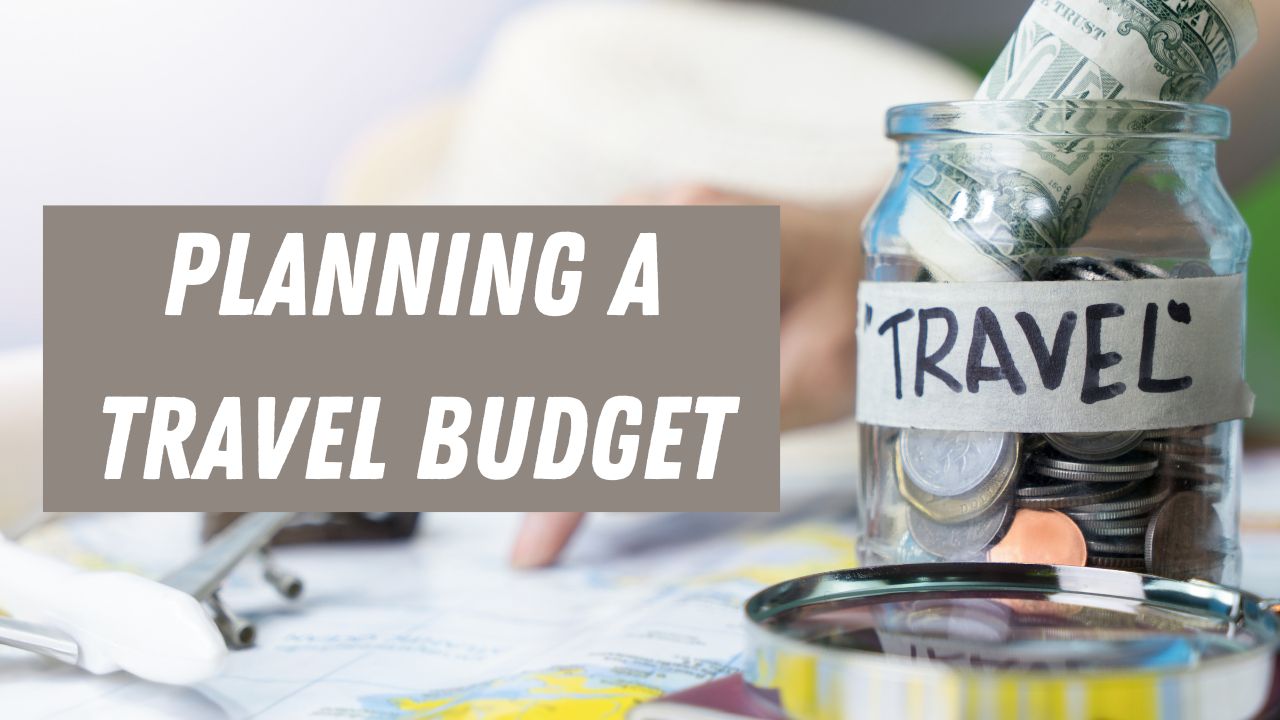In the evolving digital world, advertising is vital to business growth and online visibility. Two common terms in online marketing are CPC (Cost-Per-Click) and PPC (Pay-Per-Click). These models are the backbone of many online ad platforms and websites that earn through clicks. But what exactly is a CPC or PPC website, and how does it all work? Let’s explore in detail.
Understanding CPC or PPC Website
- CPC (Cost-Per-Click):
CPC refers to the amount advertisers pay each time a user clicks on their advertisement. It is a pricing model used in paid advertising campaigns like Google Ads, Facebook Ads, Bing Ads, etc. - PPC (Pay-Per-Click):
In PPC, a larger advertising model, advertisers manage campaigns and only pay when someone clicks on their ad. It’s a method of promotion used to draw targeted visitors to a website.
CPC is the metric, and PPC is the model, although they are sometimes used synonymously.
What is a CPC or PPC Website?
A CPC or PPC website is a platform that monetizes content through paid advertisements. These ads are displayed via networks like Google AdSense, Media.net, and others. The website owner earns revenue for every ad click by visitors.
Examples of CPC/PPC Websites:
- Blogs with informational content
- News websites
- Download portals
- Tech or review sites
- Niche-specific content platforms (e.g., finance, health, travel)
How Does a CPC/PPC Website Work?
Here’s a step-by-step breakdown:
1. Joining an Ad Network
The website owner signs up for ad networks like Google AdSense, which connects them with advertisers.
2. Ad Placement
After approval, the ad network provides code snippets the publisher places on their website (in the header, sidebar, or within content).
3. Targeted Ad Display
Based on the website’s content and user behavior, relevant ads are shown automatically (contextual advertising).
4. User Clicks
When a visitor clicks on one of the displayed ads, the publisher earns money, and the advertiser is charged according to the CPC rate.
5. Revenue Generation
The revenue depends on:
- Niche (e.g., finance clicks pay more than entertainment)
- Visitor country (US traffic pays more than Indian traffic)
- Ad quality and placement
Benefits of CPC/PPC Websites
- Passive Income Source: Website owners can earn continuously with good traffic.
- High ROI for Advertisers: They only pay when a user engages (clicks).
- Scalable Business Model: More traffic = more earnings.
- Relevant Targeting: Ads are based on content or user interest.
Challenges to Consider
- Click Fraud: Fake clicks can lead to account suspension.
- Content Quality Needed: Poor or copied content won’t attract traffic or ad approvals.
- Low CPC in Some Niches: Not all topics generate high click value.
Tips to Build a Successful CPC or PPC Website
- Focus on high-CPC niches (like insurance, real estate, software).
- Write original, SEO-optimized content regularly.
- Drive organic traffic through search engines.
- Improve user experience to boost engagement.
- Use heatmaps to place ads strategically.
A CPC or PPC website offers a practical way to earn money online through advertising revenue. It works on a simple principle: the more relevant traffic you bring, the more chances of ad clicks, and ultimately, the more income you generate. Whether you’re a blogger, content creator, or entrepreneur, understanding CPC/PPC models helps you unlock the full potential of online monetization.
Mapupa – Search anything for your INFORMATION is your gateway to explore digital innovations like Marketplace Website Design, Cheapest Website Company in Kolkata – Techwelfare.com, The Ultimate Guide on How to Buy Crypto in India, where buyers and sellers interact seamlessly through user-friendly, secure, and scalable platforms.
![]()





